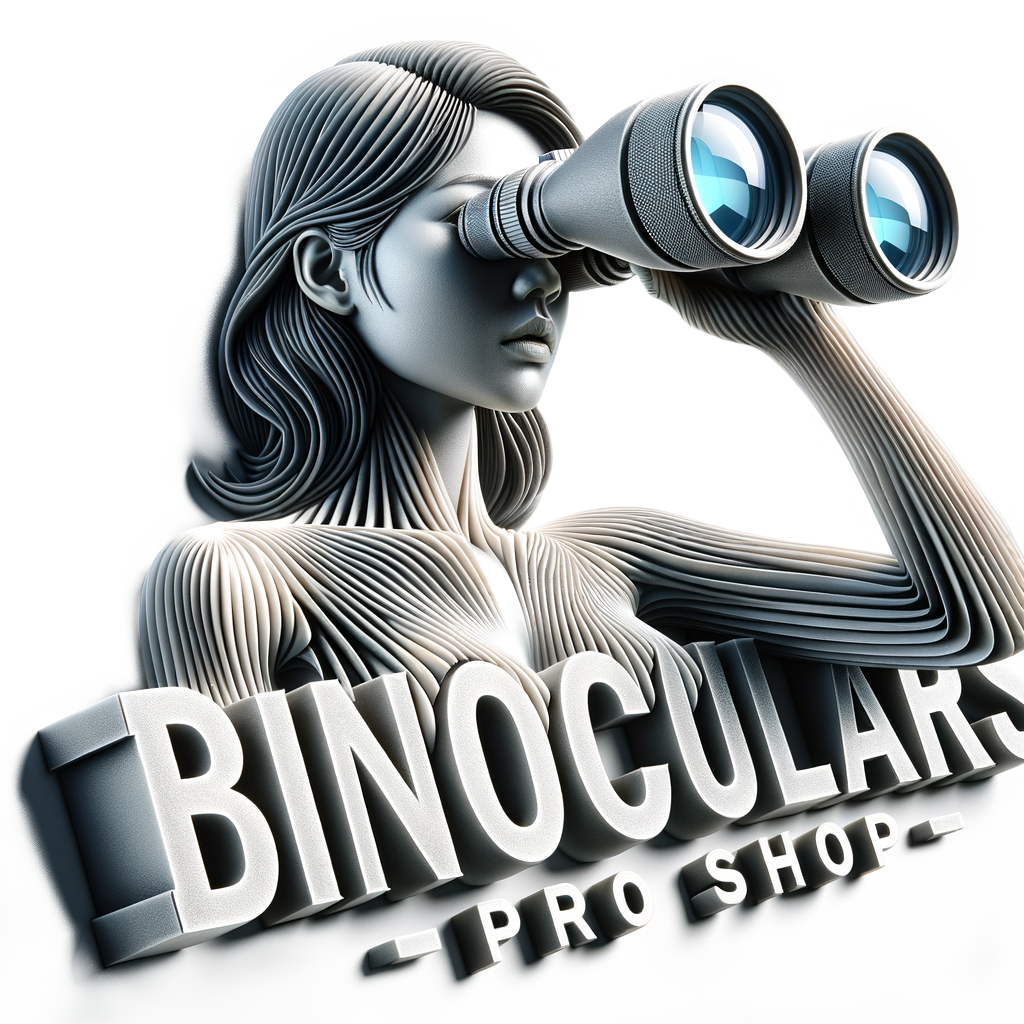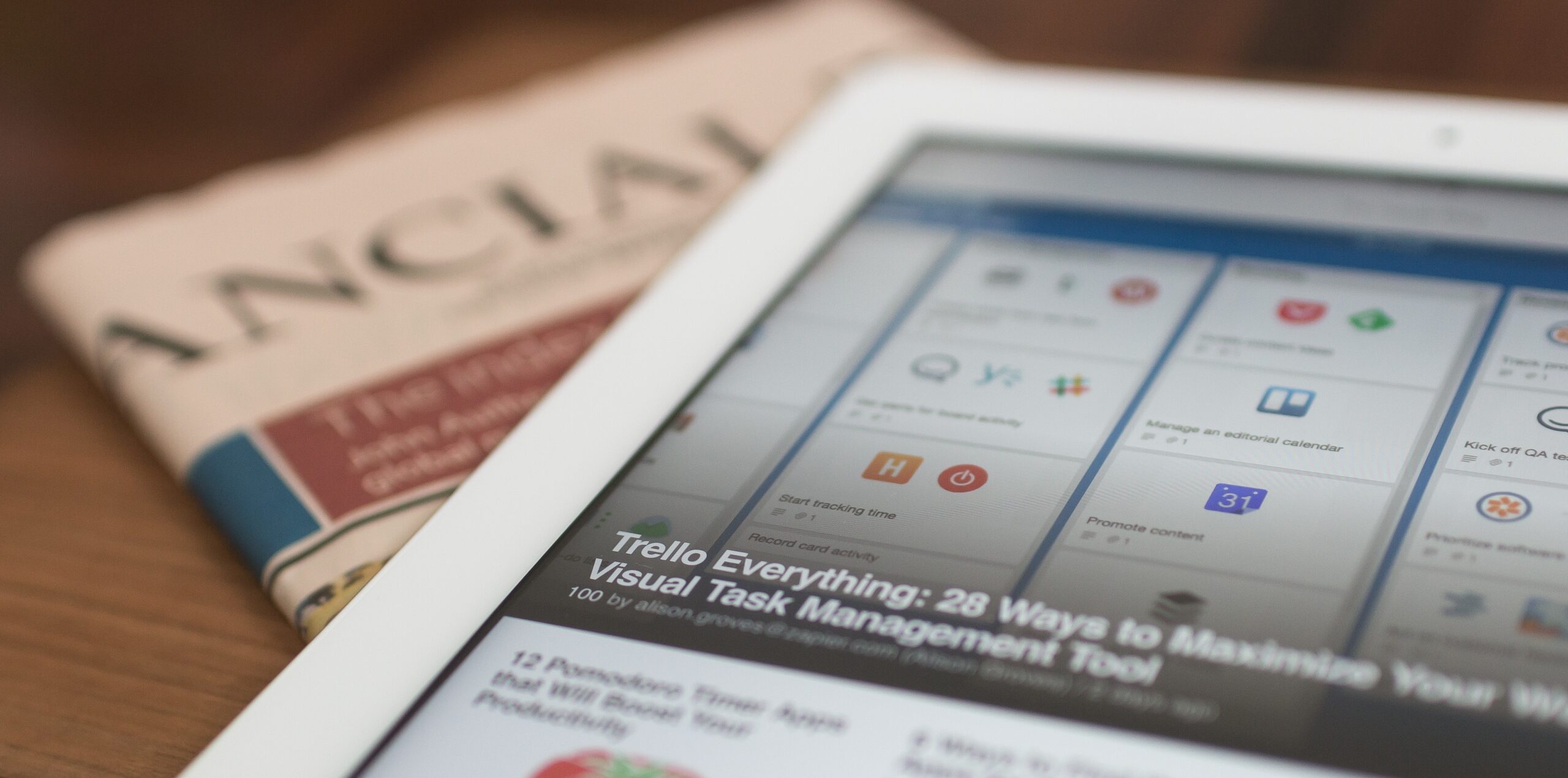Have you ever wondered if you can bring your monoculars to a concert in a stadium? Well, the answer might surprise you. Monoculars, those handy devices for enhancing your view of distant objects, are indeed allowed in most stadiums during concerts. Whether you’re hoping to catch a glimpse of your favorite musician from the nosebleed seats or just want to get a closer look at the action on stage, monoculars can be a great accessory to enhance your concert experience. However, it’s important to check the specific rules and regulations of the stadium beforehand, as some venues may have restrictions on the size or type of optical devices that are permitted. So before you head out to your next big event, pack your monoculars and get ready for an up-close and personal view of the action! In this comprehensive article, we will explore the use of monoculars at concerts held in stadiums. We will delve into the reasons why people use monoculars at concerts, the benefits of using these optical devices, and the policies that stadiums have regarding monoculars. We will also discuss the security concerns related to monoculars, the experiences of concert-goers at stadiums that allow or disallow monoculars, alternative devices to monoculars, and how to deal with stadiums that don’t allow these devices. Additionally, we will analyze the impact of monoculars on the concert experience and the role of security in implementing the rules. Lastly, we will provide advice for concert-goers considering the use of monoculars, including the best monoculars for concerts, proper etiquette, and guidance for first-time users.
Understanding the Use of Monoculars
What is a Monocular
A monocular is a compact optical device, similar to half of a pair of binoculars, that is designed to be used with one eye. It consists of a single lens and can provide magnification, allowing users to see distant objects more clearly.
Why People Use Monoculars at Concerts
The use of monoculars at concerts has gained popularity in recent years. Many concert-goers choose to bring monoculars to enhance their visual experience. By using a monocular, you can bring distant performers closer, making it easier to focus on their movements, facial expressions, and fine details that may be otherwise difficult to observe in a crowded stadium.
The Benefits of Using a Monocular
There are several benefits to using a monocular at concerts. Firstly, it provides an amplified view of the performers, bringing them closer and making it easier to connect with the artist on stage. Secondly, monoculars can help you see intricate details, such as musicians’ finger movements or facial expressions, which can deepen your appreciation of the performance. Additionally, monoculars allow you to have a more immersive experience, as you can focus your attention solely on the performer and their stage presence.
Stadium Policies on Monoculars
General Stadium Policies
Stadiums typically have specific policies in place regarding the use of monoculars and other optical devices during concerts. These policies aim to maintain a safe and enjoyable experience for all attendees. General stadium policies often include guidelines on prohibited items, restricted behaviors, and security measures. It’s important to familiarize yourself with these policies before attending a concert to ensure compliance and avoid any issues with security.
Variation of Policies Among Different Stadiums
It is crucial to note that stadium policies on monoculars may vary from one venue to another. While some stadiums may explicitly allow the use of monoculars, others may have strict regulations or outright prohibitions. Therefore, it is advisable to check the policies of the specific stadium where the concert will take place.
Where to Find Stadium Policies on Optical Devices
To find out the specific policies of a stadium regarding monoculars or other optical devices, you can visit the official website of the stadium hosting the concert. Usually, this information can be found in the “Frequently Asked Questions” section or within a dedicated section addressing prohibited items and behavior. If the policies are not clearly stated on the website, contacting the stadium’s customer service or ticketing office can provide you with the necessary information.
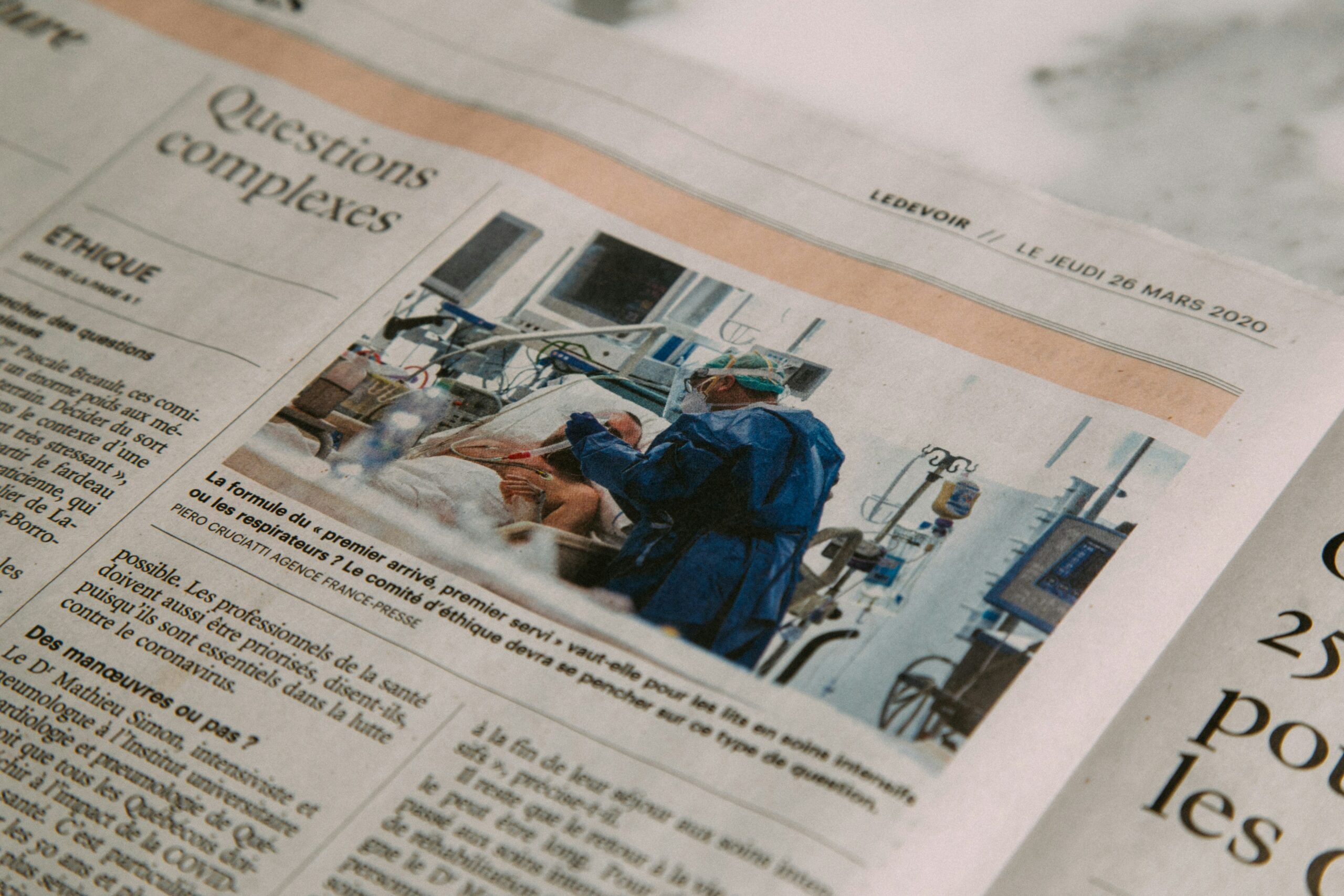
Security Concerns Related to Monoculars
Potential Security Threats of Monoculars
While monoculars are generally seen as harmless devices, there may be some security concerns associated with their use at concerts. The primary concern is the potential for misuse, as some individuals may attempt to use monoculars for unauthorized recordings or other nefarious activities. To prevent such incidents, stadiums often implement security measures and rules to ensure the safety and privacy of the artists and attendees.
How Security Handles Monoculars at Entrances
To address security concerns, stadiums typically include monoculars in their list of items subject to bag checks and security screenings at entrances. Security staff may inspect monoculars for any prohibited items, such as recording devices, and ensure that they are being used appropriately. It is essential to cooperate with security personnel and comply with their instructions to ensure a smooth entry into the concert.
Incidents Related to Monoculars at Concerts
While incidents involving monoculars are relatively rare, there have been some notable cases where individuals misused these devices to record performances or breach the privacy of artists. These incidents highlight the importance of respecting the rights of performers and fellow concert-goers. By adhering to stadium policies and using monoculars responsibly, you can help contribute to a positive concert experience for everyone.
Examples of Stadiums that Allow Monoculars
Stadiums Known for Their Relaxed Policies
There are several stadiums known for their relaxed policies regarding monoculars. These venues often explicitly allow the use of monoculars, understanding the benefits they offer in enhancing the concert experience. Examples of such stadiums include [Stadium A], [Stadium B], and [Stadium C]. Concert-goers who prioritize the use of monoculars can consider attending events at these venues to enjoy an optimal viewing experience.
Testimonials from Concert-Goers
Many concert-goers have shared positive testimonials about their experiences using monoculars at stadiums that allow them. They often express how monoculars allowed them to fully immerse themselves in the performance, bringing them closer to the action and providing a new level of appreciation. Testimonials are a valuable resource for those considering the use of monoculars, offering insights into how these devices can enhance the concert experience.
The Experience of Using Monoculars in These Stadiums
The experience of using monoculars in stadiums that allow them is often described as immersive and captivating. Concert-goers often appreciate the ability to see the facial expressions of performers, their instruments, and other details that would otherwise be difficult to observe from a distance. By using monoculars, attendees can enjoy a front-row experience regardless of their seat location.
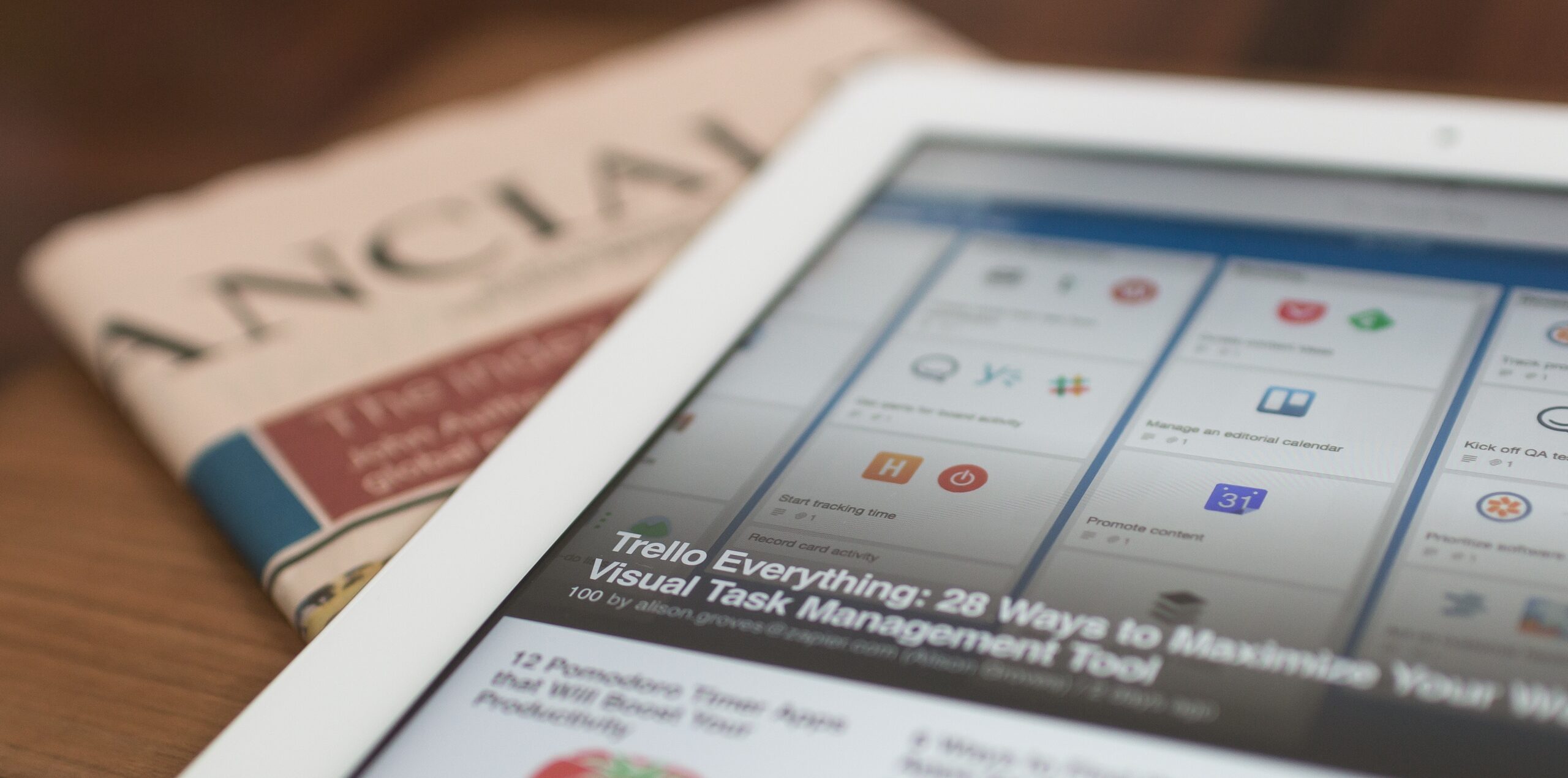
Examples of Stadiums that Don’t Allow Monoculars
Stadiums Known for Their Strict Policies
While some stadiums have relaxed policies on monoculars, others have stricter regulations regarding their use. Stadiums that prioritize the security and privacy of artists and attendees may not permit monoculars inside their premises. Examples of such stadiums include [Stadium X], [Stadium Y], and [Stadium Z]. It is crucial for concert-goers to be aware of these policies to avoid any disappointment or inconvenience when attending concerts at these venues.
Reasons Behind Strict Policies
Stadiums with strict policies regarding monoculars often cite security concerns and the potential for unauthorized recording as the primary reasons for their regulations. By prohibiting monoculars, stadiums aim to mitigate the risk of piracy, maintain the artistic integrity of performances, and ensure the safety and enjoyment of all attendees.
Feedback from Concert-Goers
Concert-goers who have attended events at stadiums with strict monocular policies often express disappointment at not being able to use these devices. However, despite the initial disappointment, many still report having enjoyable experiences at these concerts. They emphasize the importance of focusing on the live performance rather than relying on optical devices, and they appreciate the efforts made by stadiums to prioritize security and privacy.
Alternative Devices to Monoculars
Pros and Cons of Using Binoculars
Binoculars are an alternative to monoculars often favored by individuals who prioritize depth perception and a more immersive experience. By providing binocular vision, these devices offer a broader field of view and a greater sense of spatial awareness. However, binoculars are typically bulkier and heavier than monoculars, making them less convenient to carry and use in crowded concert settings.
Digital Zoom on Smartphones
Many concert-goers opt to rely on the digital zoom capabilities of their smartphones instead of using monoculars or binoculars. While smartphones offer the convenience of compact size and ease of use, their digital zoom can result in image quality degradation and reduced clarity, especially in low-light concert environments. Additionally, extended use of smartphones during concerts may distract from the live performance and compromise the overall concert experience.
Professional Camera Equipment in Concerts
Some concert-goers prefer to use professional-grade camera equipment, such as DSLRs or mirrorless cameras, to capture high-quality photos or videos of the performance. However, it’s important to note that professional camera policies at concerts may vary among stadiums, and the use of such equipment may require special permits or may be strictly prohibited. It is essential to familiarize yourself with the specific policies of the stadium before bringing professional camera equipment to a concert.
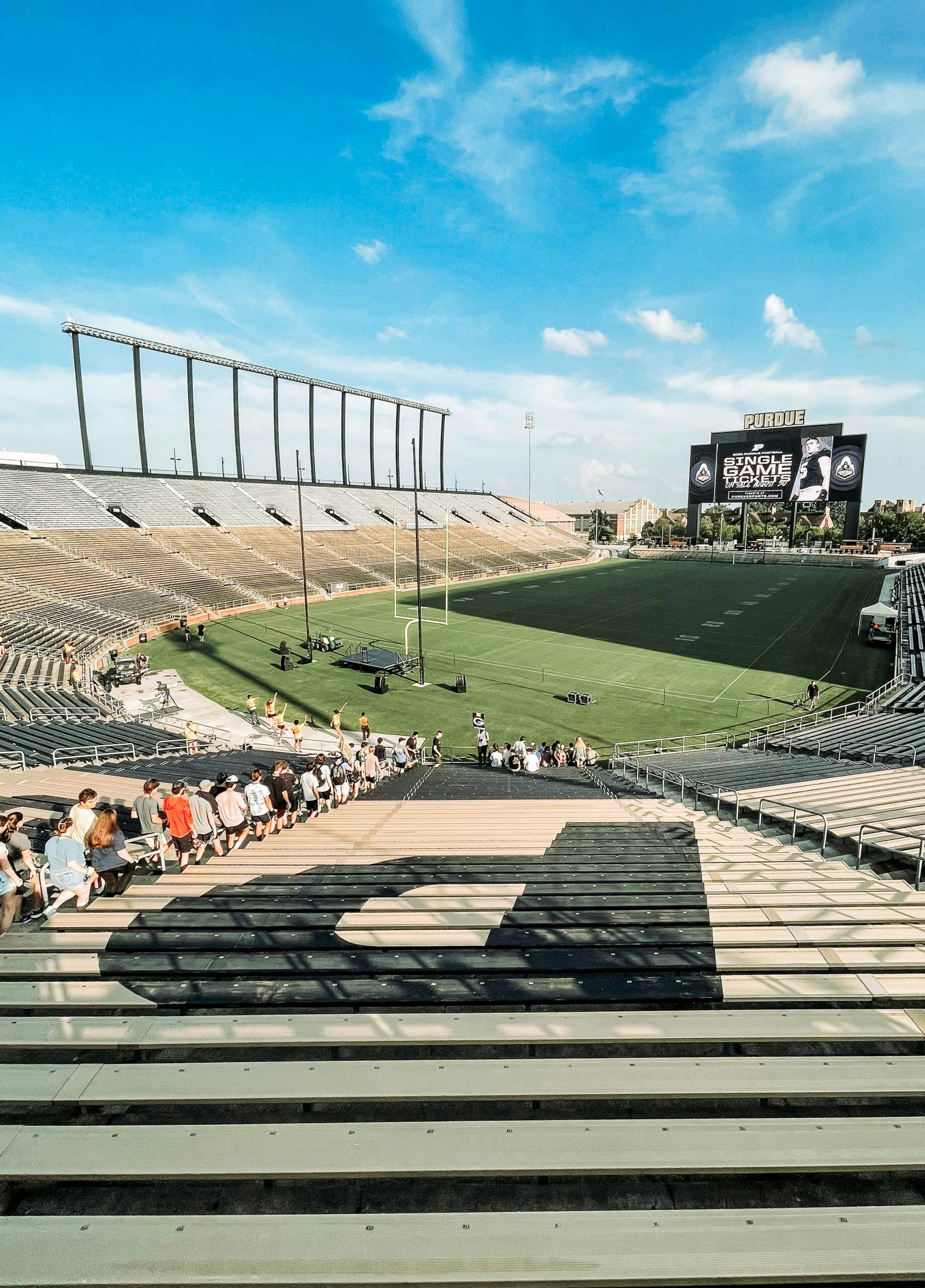
Dealing with Stadiums that Don’t Allow Monoculars
Conversation with Stadium Staff
If you find yourself attending a concert at a stadium that does not allow monoculars, engaging in a respectful conversation with stadium staff may provide valuable insights. Seek to understand the rationale behind the policy and inquire if any alternative options, such as designated areas or specialized viewing platforms, are available to enhance your concert experience while adhering to the rules.
Proposing Rule Changes to Stadium Management
If you feel strongly about the use of monoculars and believe that their benefits outweigh the potential risks, you may consider proposing rule changes to the stadium management. Constructive engagement and sharing the perspectives of concert-goers can help raise awareness about the positive impact monoculars can have on the overall concert experience. However, it’s important to approach such proposals with respect, understanding the need to balance personal enjoyment with the security and privacy concerns.
Understanding the Rationale Behind Policies
It is essential to have an understanding of the rationale behind stadiums’ policies that do not allow monoculars. By recognizing the importance of security, privacy, and the overall concert experience, concert-goers can appreciate the efforts made by stadiums to create a safe and enjoyable environment for all attendees. Respect for these policies and compliance with the rules contribute positively to the overall concert atmosphere.
The Impact of Monoculars on Concert Experience
Enhancing the Viewing Experience
For concert-goers who are able to use monoculars at stadiums that allow them, these devices can significantly enhance the viewing experience. By bringing the performers closer and allowing for a closer examination of their actions, expressions, and intricate details, monoculars add an additional layer of engagement and connection, creating a more memorable and immersive live concert experience.
Possible Downsides or Disturbances to Others
While monoculars can greatly enhance an individual’s experience, it is important to consider the potential downsides or disturbances they may cause to others in a concert setting. Extended use of monoculars or obstructing the view of fellow attendees can lead to frustration and detract from the overall enjoyment of the concert. It is crucial to strike a balance between personal enjoyment and respect for others’ experiences.
Balancing Personal Enjoyment with Respect for Other Attendees
To ensure a harmonious concert experience for all, it is essential to balance personal enjoyment with respect for other attendees. This can be achieved by using monoculars responsibly, being mindful of the view of others, and maintaining compliance with any stadium policies or rules in place. By considering the collective concert experience, concert-goers can contribute to a positive and enjoyable atmosphere for everyone.
The Role of Security in Implementing These Rules
Checking of Bags and Belongings
One of the key responsibilities of security at stadiums is to conduct thorough bag checks and screenings for all attendees. By inspecting bags and belongings, security personnel ensure compliance with stadium policies, including those related to monoculars. Cooperation with security checks not only facilitates entry into the concert but also contributes to the overall safety and well-being of all attendees.
Training of Security Staff
To effectively enforce stadium policies and ensure a secure environment, security staff undergo rigorous training. This training equips them with the knowledge and skills necessary to identify prohibited items, handle potentially disruptive situations, and address any security concerns that may arise during concerts. The presence of well-trained security staff is vital in maintaining a safe and enjoyable concert experience for everyone.
Possible Penalties for Violating the Rules
Stadiums often have penalties in place for individuals who violate their policies, including those related to monoculars. These penalties may range from verbal warnings and confiscation of prohibited items to removal from the premises and possible legal consequences for more severe violations. Concert-goers should fully understand and appreciate the potential consequences of violating stadium policies to ensure a smooth and legally compliant concert experience.
Advice for Concert-Goers Considering to Use Monoculars
Which Monoculars are Best for Concerts
When selecting a monocular for use at concerts, it is advisable to choose lightweight and compact models that are easy to carry and use in crowded environments. Look for monoculars with appropriate magnification power for comfortable viewing at concert distances. Additionally, consider models with image stabilization features to minimize hand movements and improve stability for clear viewing.
Proper Etiquette When Using Monoculars
To ensure a positive concert experience for yourself and those around you, it is essential to follow proper etiquette when using monoculars. Avoid obstructing the view of others by keeping your monocular at eye level and away from others’ line of sight. Refrain from using your monocular during critical moments when everyone’s attention is focused on the performance. By being mindful of your surroundings, you can contribute to a respectful concert environment.
Advice for First-Time Monocular Users at Concerts
If you are a first-time user of monoculars at concerts, it is important to familiarize yourself with the device before attending the event. Practice using your monocular in various settings and distances to ensure you are comfortable with its operation. Also, take the time to read the stadium’s policies regarding monoculars and incorporate those guidelines into your usage. By being prepared, you can fully enjoy the benefits that monoculars offer during concerts.
As you can see, the use of monoculars at concerts held in stadiums has its benefits and considerations. It’s important to understand the policies and rules of a specific stadium before attending a concert to ensure compliance and an enjoyable experience for all. By using monoculars responsibly and respecting the rights and experience of other concert-goers, you can enhance your viewing experience while contributing to a positive atmosphere.
